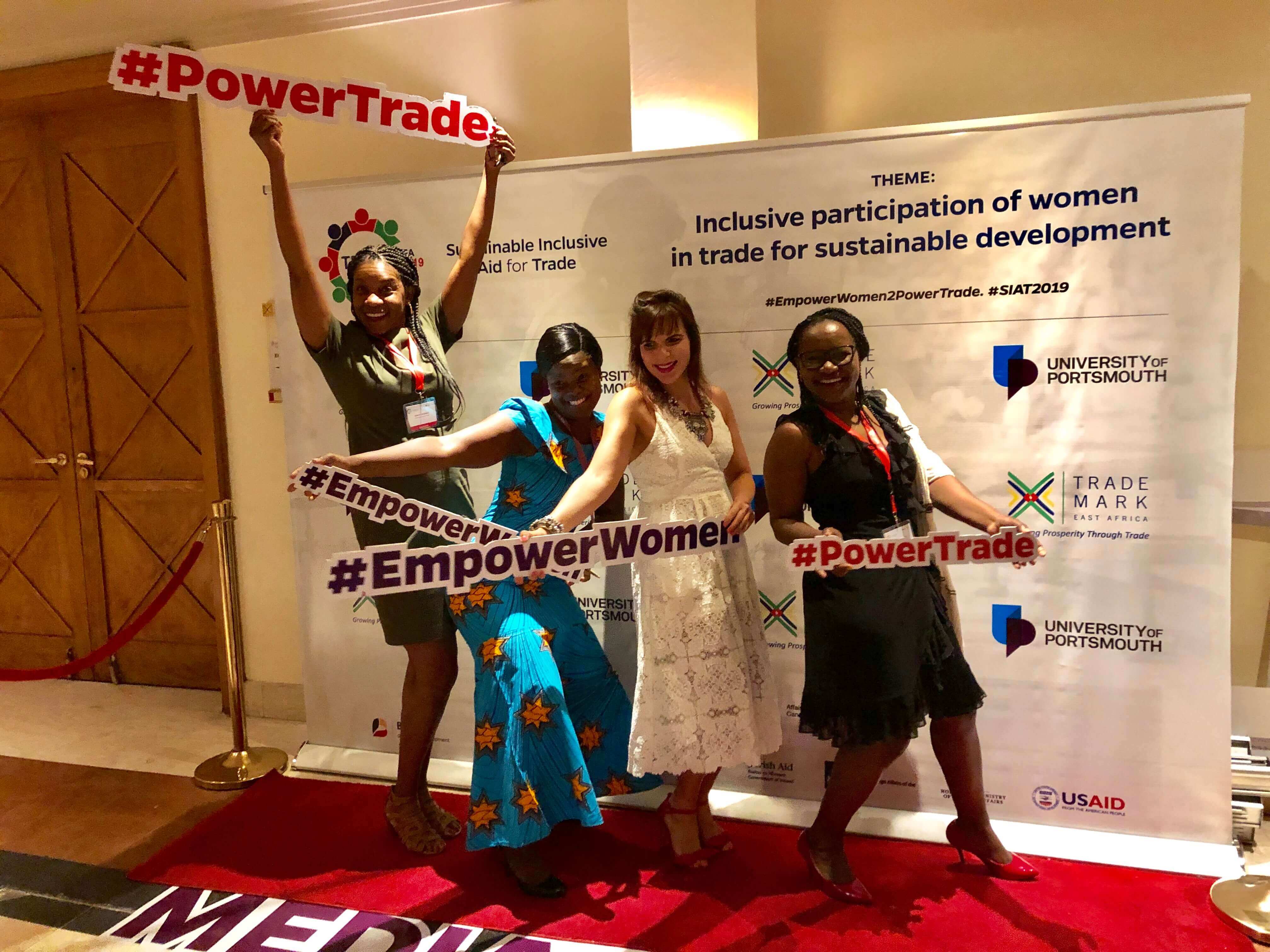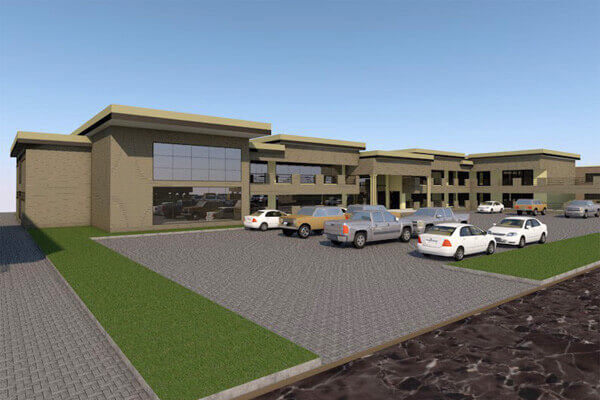Kwame Nkrumah famously proclaimed on the night of Ghana’s independence that “Our independence is meaningless unless it is linked up with the total liberation of Africa”. Africa, a continent rich in natural resources, holding around 30% of the world’s mineral resources is at the same time home to 5 of the 10 poorest countries in the world. In a recent report, the World Bank projects that a staggering 90% of the world’s poor may reside in Africa by 2030. Barriers to free regional trade, political turmoil, inadequate infrastructure and weak financial institutions remain key hurdles to economic advancement. Despite how grey the narrative looks, Africa’s growth outlook remains buoyant and continues to attract high foreign direct investment. Nkrumah’s vision was to restore Africa’s identity, “We are going to see that we create our own African personality and identity. We again rededicate ourselves in the struggle to emancipate other countries in Africa”. His desire was to see a well-functioning continent capable of harnessing its rich resources to become a global economic powerhouse. Kwame Nkrumah saw the need for neighbourhood/regional political independence – for he knew Ghana cannot be the only free country in Sub-Saharan Africa. He accordingly spent a great deal of his time, Ghana’s time and resources supporting the political liberation of fellow African countries. The going together, working together approach that Kwame Nkrumah and our political forefathers adopted in the political sphere is needed in economic development. Though recognized, the focus and zeal with which it was deployed in...
The Africa Continental Free Trade Agreement…An Important Instrument For Ghana And Africa’s Economic Advancement [PART 1]
Posted on: October 24, 2019
Posted on: October 24, 2019

![The Africa Continental Free Trade Agreement…An Important Instrument For Ghana And Africa’s Economic Advancement [PART 1]](https://www.trademarkafrica.com/wp-content/uploads/2014/01/no-image.jpg)
















